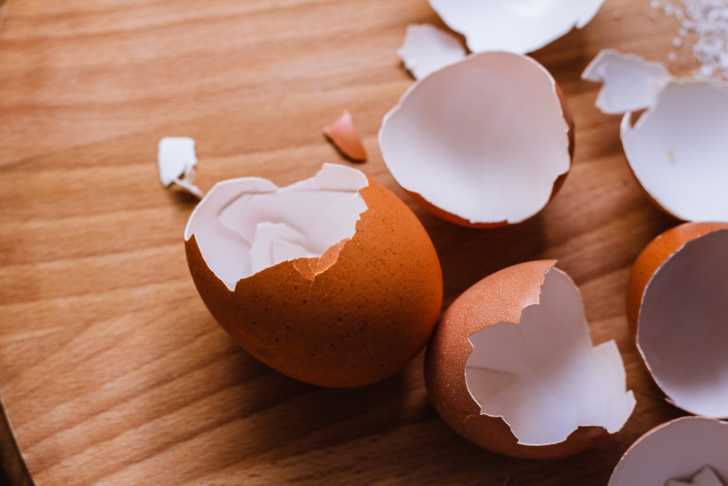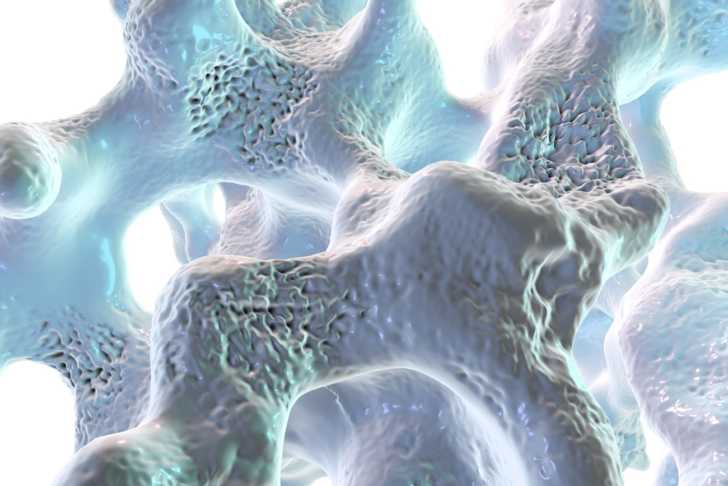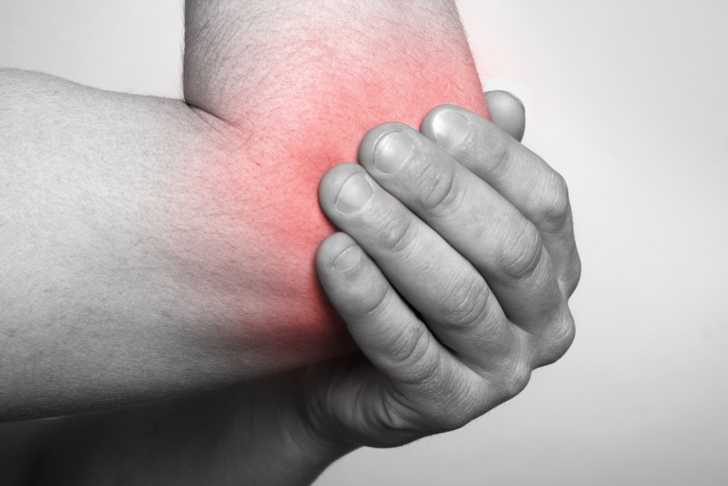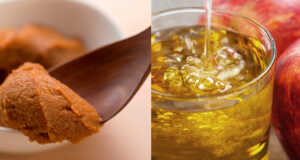“How would you like your eggs – scrambled, over easy, or crunchy?”

You’ve heard the saying “go suck an egg”. This expression might be taken more literally by some who believe that the egg has more to offer than the yolk and white that we scramble up for breakfast. Most of us toss the eggshell, but not everyone does – some people eat the shell too. Let’s take a look at who is downing the entire egg and why.
In Place Of A Calcium Supplement
Calcium is crucial in the maintenance of healthy bones, teeth, nervous system, and muscles – including our heart muscle. Eggshells are extremely rich in calcium, in fact most of the shell is composed of calcium carbonate. Commercial calcium supplements come in two forms: calcium citrate or calcium carbonate. Calcium citrate supplements can be consumed on an empty stomach but typically contains less calcium per tablet compared to calcium carbonate. Calcium carbonate is the form more commonly found in supplements. Those using eggshells in this way – as calcium supplements – grind it down and consume it in powder form.
How Much Calcium Do We Need?

In order to prevent or correct calcium deficiency and osteoporosis, we need between 1000 and 1200 milligrams (mg) of calcium per day. Less than this puts us at risk for osteoporosis. Osteoporosis is a result of new bone development not keeping up with the removal of old bone (bone is constantly being broken down and replaced). Half of a teaspoon of eggshell contains 900 mg of calcium (but our bodies only absorb about 500 mg of calcium at a time, so if you are relying on eggshells for bone health, spread it out throughout the day.
Other Nutrients
Eggshells also contain some magnesium and strontium. Magnesium is important for bone health as well as for nerve and muscle function. It also helps with immunity and blood sugar. The amount of magnesium in the shell of one egg contains 12% of our daily magnesium requirement. Other dietary sources of magnesium include: bananas, dried apricots, avocados, almonds, cashews, peas, tofu, brown rice, and milk. Strontium is an element found in seafood, wheat bran, whole milk, poultry and root vegetables (beets, carrots, parsnips, potatoes, radishes, turnips, sweet potatoes, and onions). 99% of our total body strontium is found in our bones where it plays a role similar to calcium with building new bone and preventing bone deterioration.
Senior Joint Support

While some eggshell eaters are using it primarily as a calcium supplement, others are scooping out the membrane inside the shell to help with join support. Harvesting eggshell membranes as an alternative to expensive supplements is done by rinsing out the shell, then gently pulling the membrane from the interior of the shell. This membrane contains some joint health superheroes, including glucosamine, hyaluronic acid, chondroitin, and a type of collagen. While these joint health supporters play a lubricating, anti-inflammatory role in joint health, the amount of each in egg membrane is still a little unclear. The studies to date are few and use supplements made with egg membrane rather than just eggshell membrane.
Next up: dog food and… protection from evil spirits?













